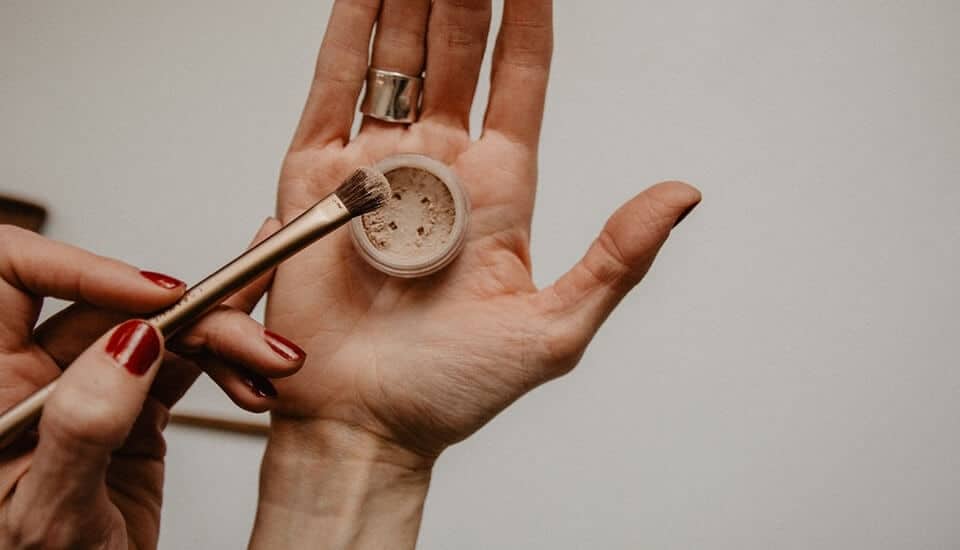There’s nothing as important, in the world of makeup, as a good foundation. More than any other cosmetic application, it is the one that quite literally sets the tone for your entire look, ensuring that your skin appears smooth and glowing. Even those blessed with flawless complexions will gain from using this fundamental product… because its benefits extend beyond mere coverage.
Having said that, there are so many different types of foundations available in today’s market, that choosing the right product for your skin can often be confusing. Let’s examine the facts…
Finding a purpose
Aside from the obvious matter of uniformity, most foundations are very good for your skin. Many of them act as a moisturiser, protect you from the sun, balance oiliness, deflect pollutants, contribute to anti-aging and form a base layer that enables other makeup products to adhere more efficiently.
The choice is yours
When choosing a foundation, it’s important to look at various elements, the first one being coverage. This factor essentially boils down to how much pigment the product contains. It stands to reason that the higher the pigmentation, the “heavier” it will be… and the more coverage it will give.
The next thing to consider is the formula. Foundations come in four different formats; stick, liquid, cream and powder. All of them, with the exception of powder, range from sheer (low pigment levels) to opaque (high pigment levels). Powder foundations, however, generally provide less coverage and have to be reapplied throughout the day… so not an ideal option for those of us who don’t have endless time to spare.
Last on the list of things to look out for is the “finish”. This can range from matte to glowing, and has a lot to do with what you’re aiming for in terms of your overall look. Foundations described as matte, generally make the skin look more natural, while those dubbed with words like “dewy” or “radiant” usually contain light reflecting pigments that add a shimmer to your complexion.
The next question (yes, there’s more) is whether you’re more suited to a foundation or a BB cream. Both, naturally, are designed to make your skin look better… but there’s a substantial difference between the two.
BB creams (beauty balms) are lighter than foundations and contain a lot less pigment. Essentially, they are best described as tinted moisturizers and are perfect for the flawless, the minimalists… or those who are just starting out in the wonderful world of makeup. They also come in a slightly more mature version, a CC cream (colour correction), still nowhere near as pigmented as a foundation, but a little more colourfast than its counterpart.
Foundations, on the other hand, offer far more coverage if you suffer from hyperpigmentation, acne or blemishes. They are also better if you’re seeking out that flawless, “air-brushed” look or are heading for a high profile event that may involve being photographed.
It’s all in the application
Applying foundation with your fingers is absolutely taboo (we know… it’s how most of us do it)! So we recommend that you either use a Kabuki brush or a beauty blender, the latter being the most effective if you’re looking for perfection. Aside from that, it’s always a good idea to match your foundation with your neck so that it doesn’t look like you’re wearing a mask… and dabbing a bit on your ears doesn’t harm either!
Cosmetology stocks a wonderful foundation by Hannon that is oil free and feels like a second skin.
